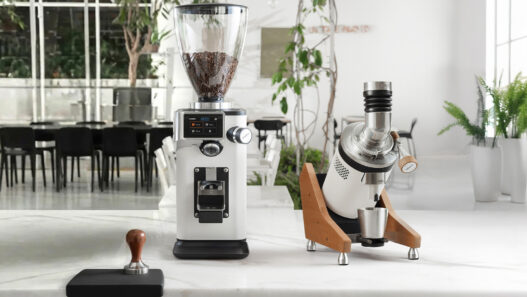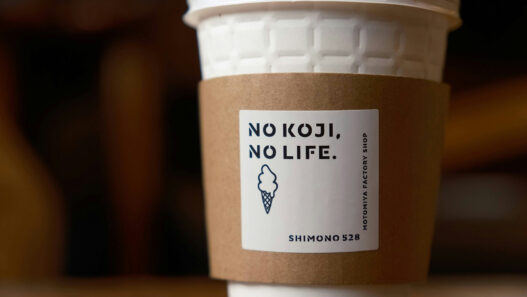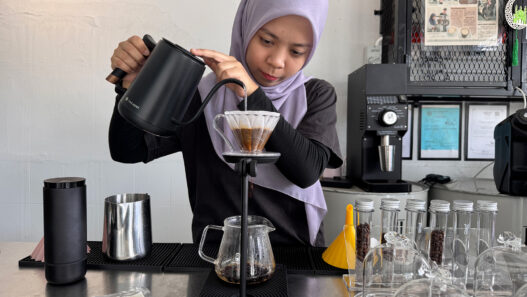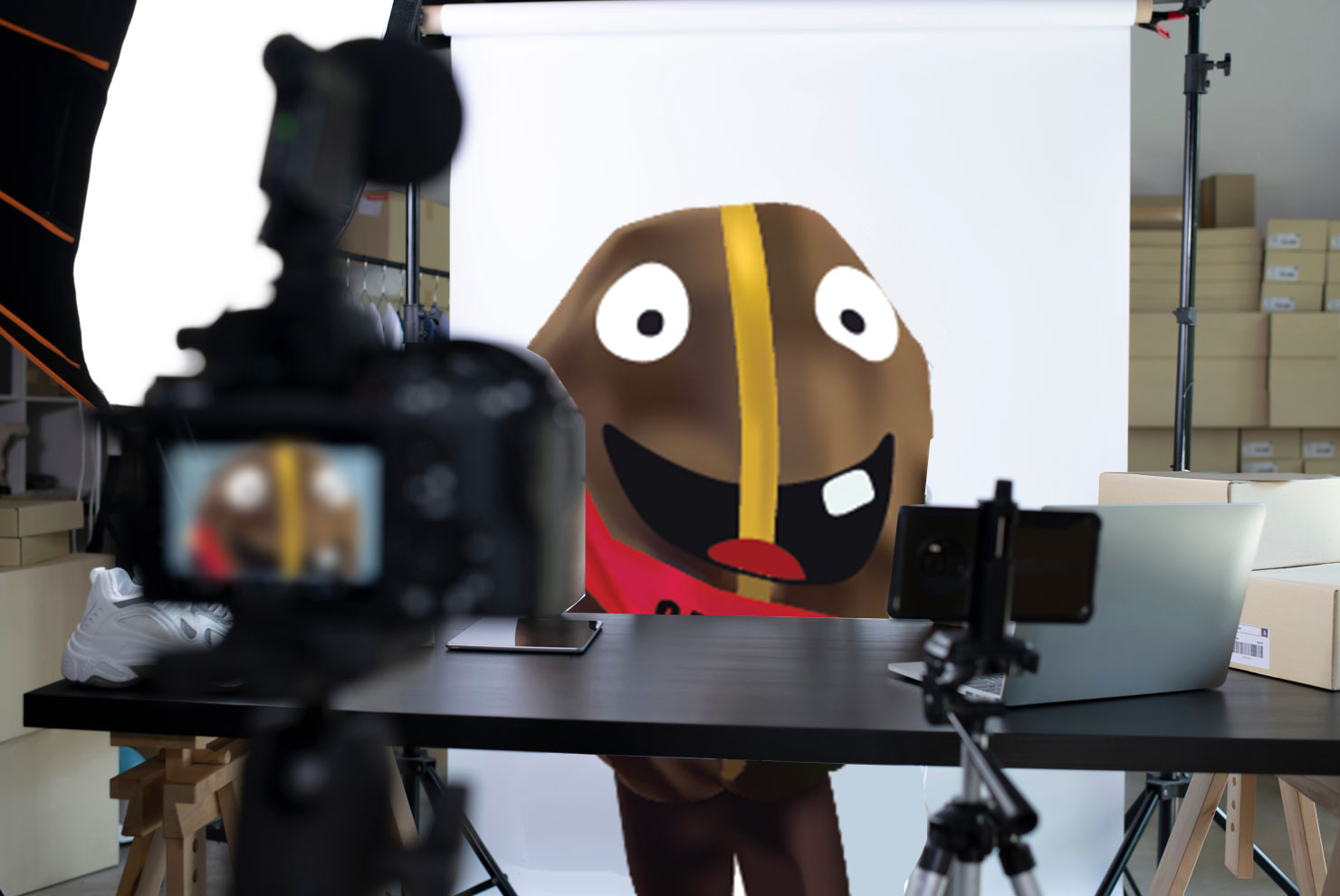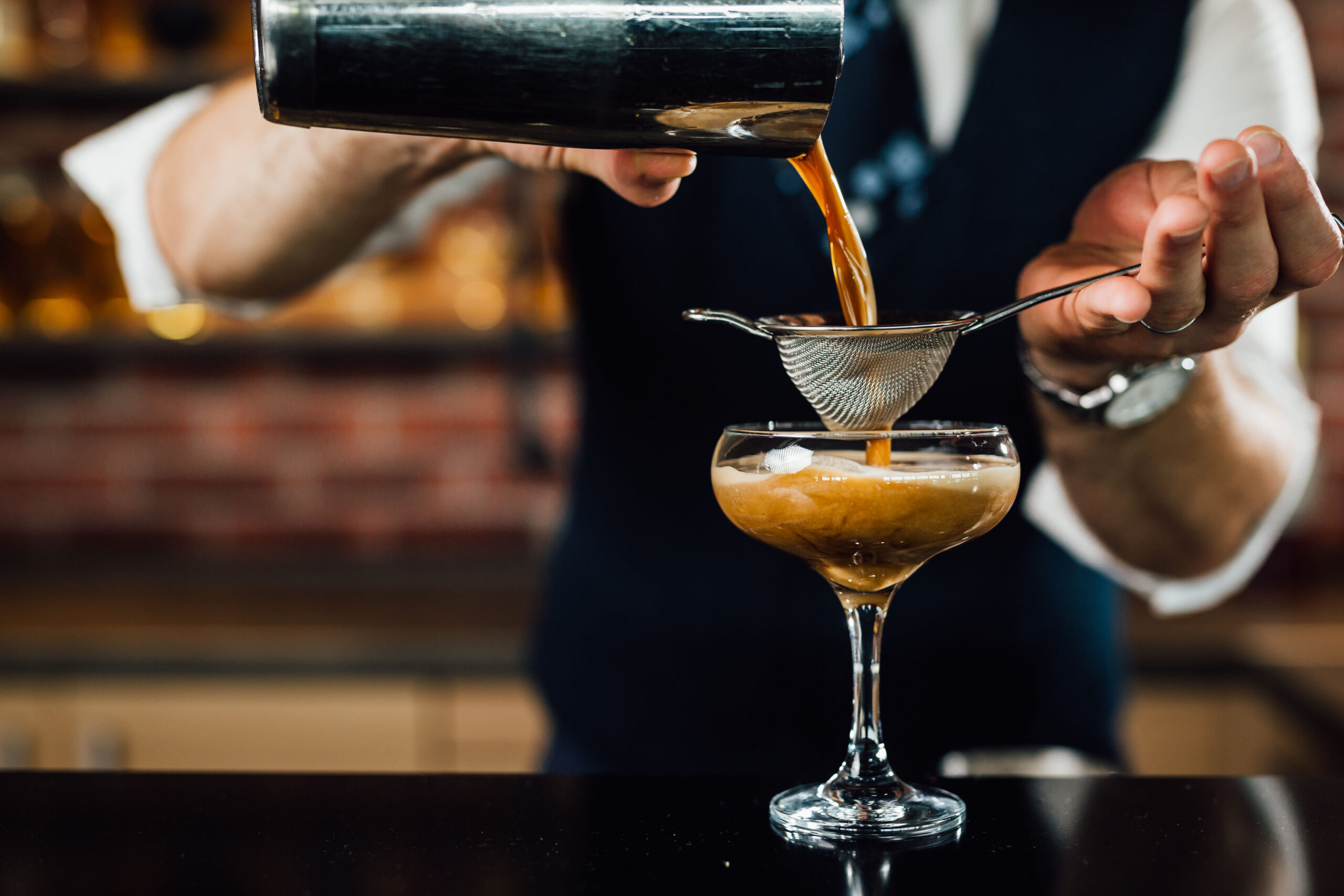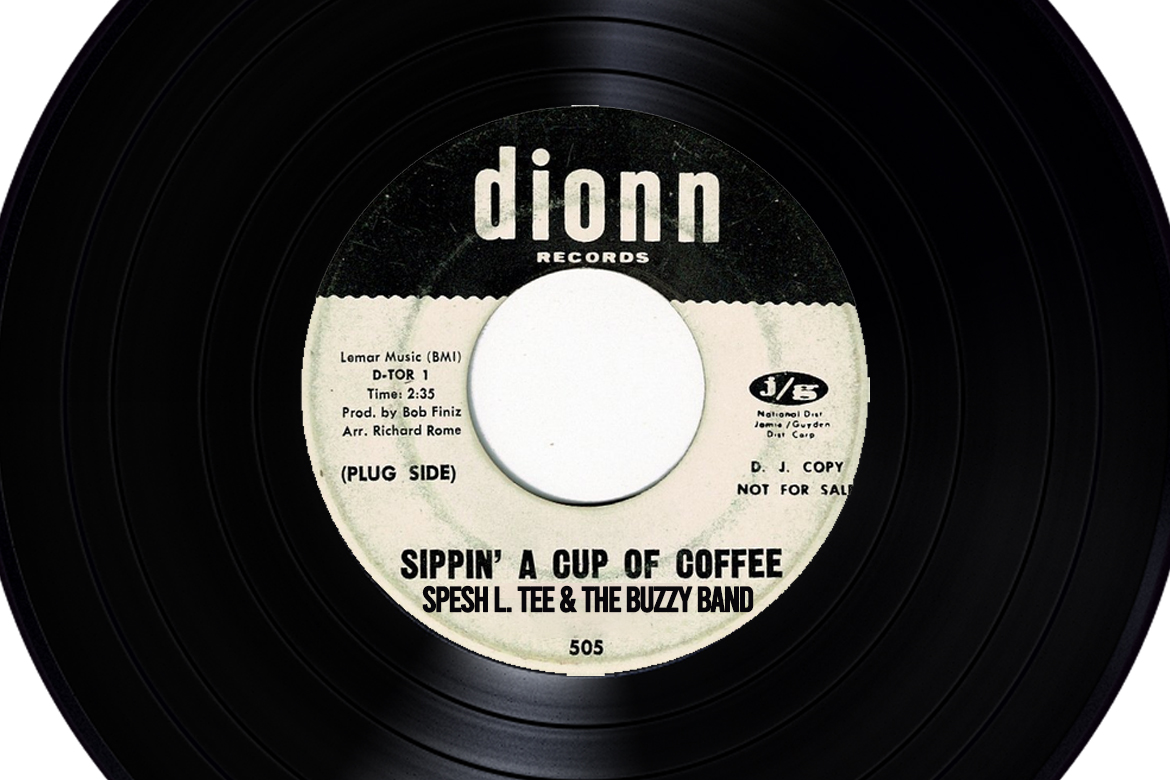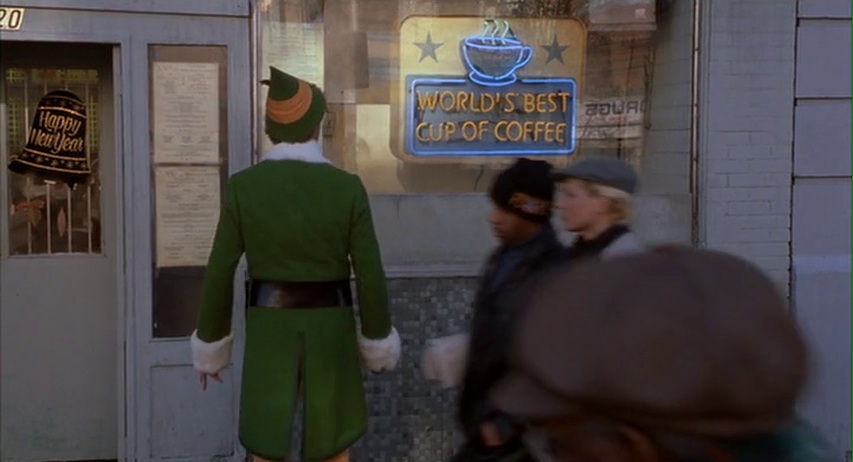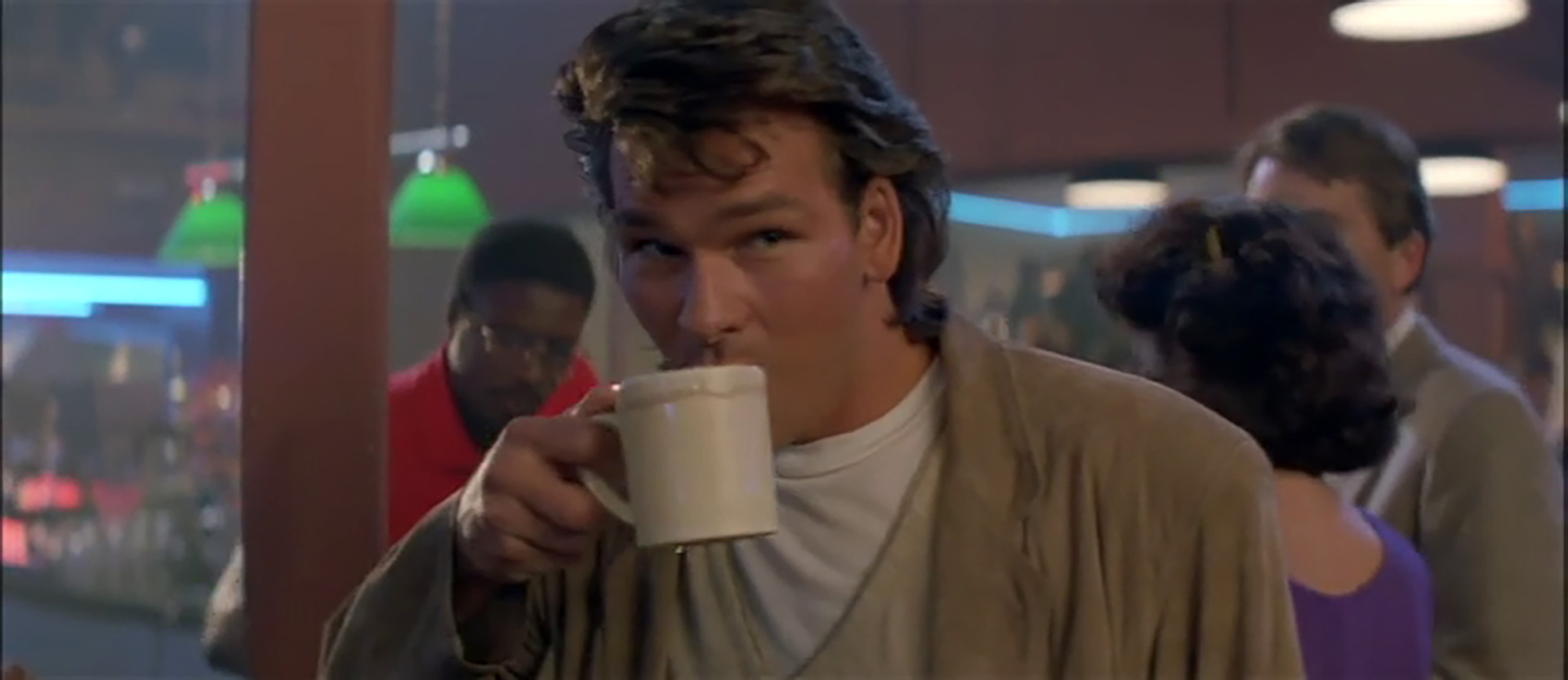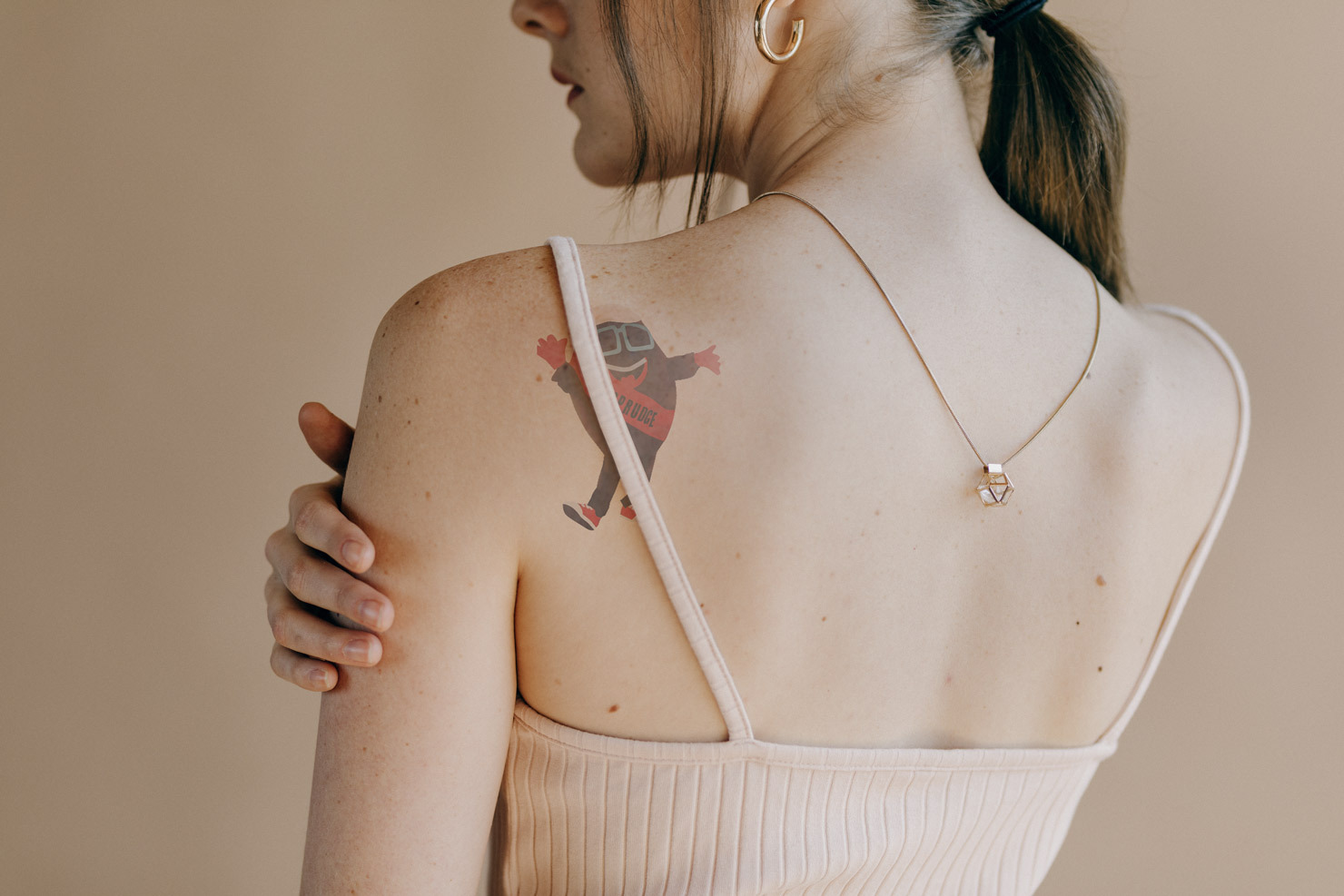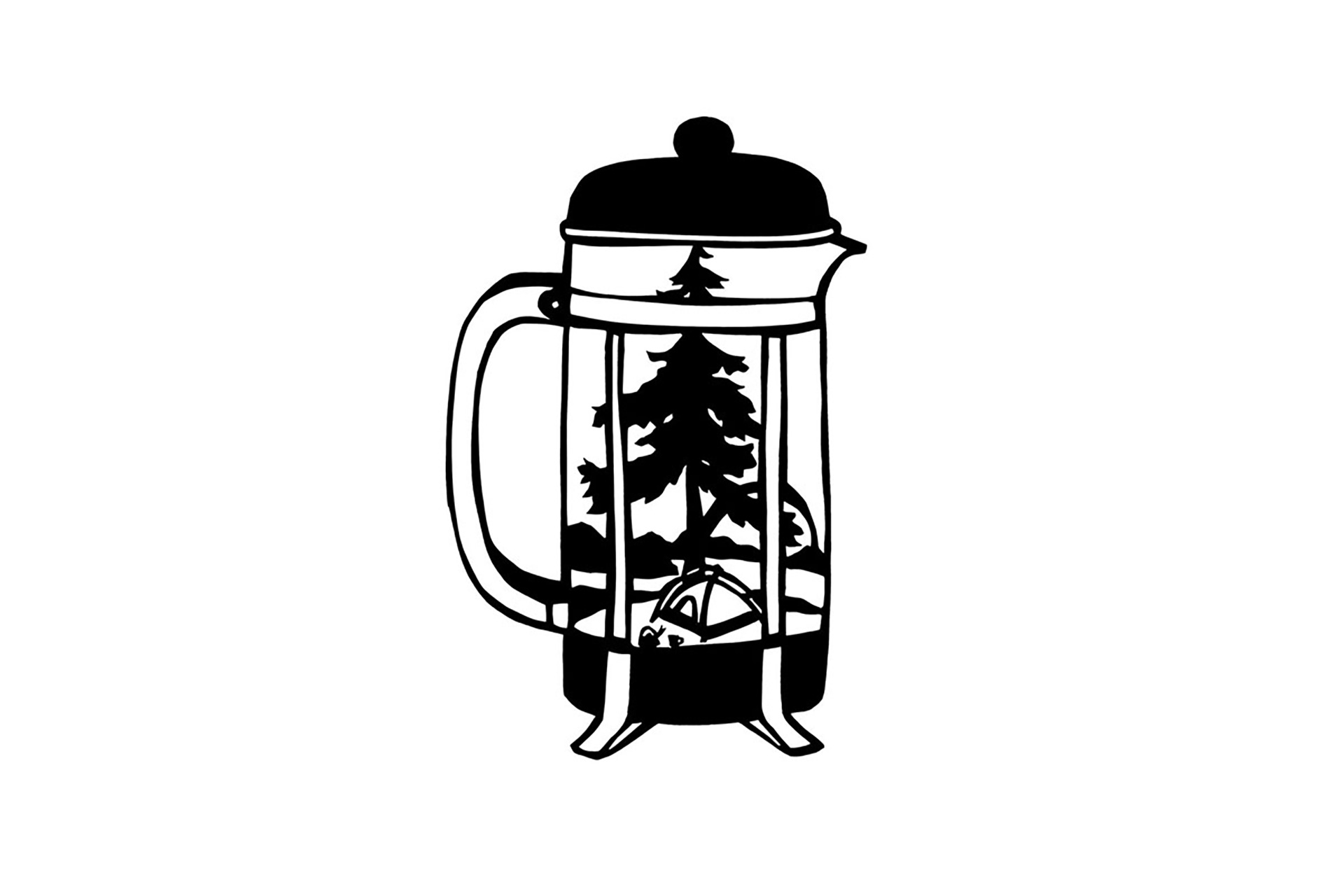When you’re an online content creator—here, meaning that you actively plan your posts with an intention to monetize them—there comes a moment when your posts are no longer relegated to the safety of your circle of friends. Someone you’ve never met or talked to before is suddenly following you and has opinions that they toss all over your posts and in your DMs. Maybe you shared something personal or controversial. The response varies from negative to positive, but the common thread is now someone you’ve never met has become unusually invested in your life.
In the coffee world, at first, this might look like walking around a trade show or coffee event, only to have someone stop you and exclaim: “I follow you on Instagram!” There’s a pause in response. Do you know this person, you wonder, surreptitiously peeking at their badge. Are you mutuals? What’s their handle? Plenty of people don’t have their real names or faces attached to their accounts. “I’m username on Insta,” they clarify. Phew, someone you know… at least this time.
Parasocial relationships—defined as “a relationship that a person imagines having with another person whom they do not actually know”—have existed in one form or another since the dawn of communal human living. But the 20th century supercharged this phenomenon with the creation of film and television stars. You feel a sense of connection with someone, perhaps through their artistic work or projects, that is not reciprocal. Most people have the self-awareness that it’s a one-sided type of relationship: they don’t expect the person to care as much about them as an individual. Others, though, take things personally. They start to care deeply about the person, about their daily lives, and what they do or say. This unhealthy investment may lead to stalking or violence. Researchers David Giles and John Maltby categorized these last two as intense-personal and borderline-pathological, with the latter being rare and dangerous.
When I first started out on this article, I didn’t know much about parasocial relationships. In fact, I didn’t even know the phrase existed, but it was nice to have a name for the experience I’ve seen both sides of. I first stumbled upon the phrase when reading through Discord’s help docs: it has a whole article dedicated to how to manage it as a moderator: “Some users will soak up any information they can get about you, especially if they realize that you have common interests. This may lead to the development of a parasocial relationship between users and you.” That tracks with Discord’s history, as it was first formed with the intent of connecting fellow video gamers. Its features are rich with gamification and streaming syncs that encourage you to create community bonds.
Parasocial relationships are not inherently bad or good. They just are. In fact, most of us have at least one. Your mental health can benefit from being in one: they serve as positive models of behavior, ease potential loneliness, teach you something new, and validate emotions when you feel isolated.
Compared to other industries, the specialty coffee world of influencers is still quite small. There aren’t many “big” accounts, and people generally watch to learn more about coffee. Compared to fields like fashion, politics, and video games, it’s a little more difficult to throw hate on a video about coffee, which isn’t to say that haters don’t exist. If you’re stating a controversial opinion or posting content that is meant to stoke intense debate, then yeah, of course, you’ll see more negative comments.
I spoke with three coffee content creators about how they manage parasocial relationships. All three had firm boundaries in place on what they were willing to share with their audiences and for the most part, their comment sections are relatively nice and supportive.
The biggest account in the YouTube coffee space is James Hoffmann, with over two million followers. Prior to launching his wildly popular YouTube channel, Hoffmann was already well-known within the coffee industry (he is a World Barista Champion) and was routinely stopped at coffee events by people who wanted to say hi. Now that his audience has reached the coffee layperson crowd, public recognition has spilled over into a near-daily occurrence. If he’s in central London, he’s recognized most days, Hoffmann tells me. In fact, it happens all over the world.
“I was on the island of Madeira on a little back street, and I ran into three people in quick succession who knew who I was, and you’re like, ‘This is weird,’” he says. “Cycle couriers, in particular, like to ride past and just yell, ‘Coffee!’ and then cycle off.”
Because he started the account during the COVID lockdown, the fame felt like an overnight, jarring sensation of suddenly being recognized on a public street. “I came out of my burrow, and people knew who I was, and it was weird,” Hoffmann tells Sprudge. Most of his video views are in the high-end of six digits, with quite a few crossing over into seven digits. “It sort of forced me to try and wrestle with the numbers because I can’t conceive of a million anything.” In general, though, he’s not interested in courting controversy; his end goal is to get people to enjoy coffee more, and that’s a difficult thing to be upset at.
@morgandrinkscoffeeThis is me, I suppose.♬ Dragonfly – Dana and Alden
Morgan Eckroth posts across multiple channels as MorganDrinksCoffee, and their brand now boasts over six million followers on TikTok alone. Depending on whether or not you count Emma Chamberlain, Eckroth has the single largest follower account across platforms of any coffee content creator in the world. It comes as no surprise, then, that they would be recognized in public; Eckroth tells Sprudge it happens more or less every time they leave the house.
If you’re approaching content creation with a business mindset (one study found that 57% of Gen Z adults would be an influencer if given the opportunity), boundaries, off-limit topics, and careful planning are all things to consider. And this is doubly important if you hold a marginalized identity. Trying to be your authentic self means being vulnerable to intense comments about your appearance, voice, body, etc. That’s just how it is when you exist on the Internet as a non-cishet white man.
“It’s incredibly difficult, if not near impossible, to be someone who presents more feminine online without having your appearance picked apart or credibility denied,” says Eckroth. “I’ve also experienced low-level stalking where individuals will find where I work or frequent and make it clear that they’re going to try to find me in real life.”
I combed through a number of comment sections and was pleasantly surprised to find mostly wholesome comments—thank you notes, compliments, and useful comments that contributed to the conversation. Buried deep at the end, pushed down by YouTube, perhaps, were a few haters and critical comments around her appearance. While Eckroth does still read the comments, they’ll set aside time to do it, partly to keep an eye on the content. “I’m not a creator that heavily moderates my comment sections,” Eckroth explains, “but if you’re being blatantly/maliciously misogynistic or threatening, I’m liberal with the block and delete button.”
Hoffmann, on the other hand? “I’ll be honest; I don’t have access to most of my socials anymore,” he tells Sprudge. He also doesn’t read the comments, except for in the first hour of a video being posted, because sometimes mistakes will be pointed out and can be corrected quickly. When your videos each have hundreds to thousands of comments, and your DMs are mostly filled with requests of “Hey, I’ve got $250, what things should I buy?,” it’s impossible to get to them all. And that, he says, has been oddly liberating. With a recent video about Drew Barrymore’s new coffee machine, his team had to heavily moderate the comments, because “this weird section of the internet came out and wanted to talk about how she looks and all those things.”
There’s a clear delineation between what is for his channel and what is for himself. “If you look at my socials, there’s not really very much about me on there,” he says. When it comes to who he is, what he eats or drinks, where he goes, and the people he hangs out with—those are not for public consumption. “I’m aware that the more I share of myself, the deeper the relationship I can build with an audience. And that’s been used very successfully and very lucratively by a number of people who make things on the internet—to sort of tell everything, and it doesn’t end well most of the time.” He learned early on from his talent manager—who also managed YouTuber Gavin Free when someone arrived at Free’s house to kill him and his girlfriend—to err aggressively on the side of caution. If someone turns up at his house to invade his privacy, Hoffmann says he’ll stop creating, because the enjoyment of it would be gone.
Eckroth and Hoffmann are perhaps the two most prominent coffee content creators on the planet. But how do parasocial relationships play out when you’re still building an audience, or for content creators whose growth story is only getting started?
Raghunath Rajaram is a co-founder of Aramse Coffee, and the recipient of this year’s Sprudgie in the “Best Coffee Video/Film” category. Establishing boundaries has been on his mind as the account grows; though business account has just 30k YouTube subscribers so far (which is no small feat), a particularly aggressive hater began posting regularly when he reached the 3k follower mark, committed to leaving negative comments on every video Aramse posted.
This helped Rajaram define boundaries quickly. “We pretty much don’t share anything personal” on the account, he tells Sprudge. In fact, neither he nor his wife (the other co-founder) have personal social media accounts; all social media is used for work. Being recognized at the last few coffee events he attended was an interesting feeling, he says. “It’s both unsettling and kind of exciting at the same time when you first get recognized.” He’s bracing for when his privacy starts feeling encroached on, and someone walks up to him and “curses me for something that I said on a video.” For now, though, he’s enjoying the positive learning environment that the comment sections host.
Because all three people have solid boundaries in place, no one feels the audience pressure to constantly be creating content. But when it comes to going out in public, those rules have changed. “I don’t really drink anymore, but I definitely would not be drunk in public again,” says Hoffmann. When he attended a festival last year, so many people kept coming up to him and looking at him in a certain way. “I was like, ‘Oh, okay. This is different. Now I feel on show; I feel viewed in a public space.’”
While they can’t control how people form parasocial bonds with her, Eckroth does want creators to recognize the inherent power imbalance, adding, “I think the main thing I would say is just that creators and prospective creators should understand the impact that their content has on creating bonds with their audience. It’s on us to wield that power responsibly.”
Jenn Chen (@thejennchen) is an Editor At Large at Sprudge Media Network. Read more Jenn Chen on Sprudge.






